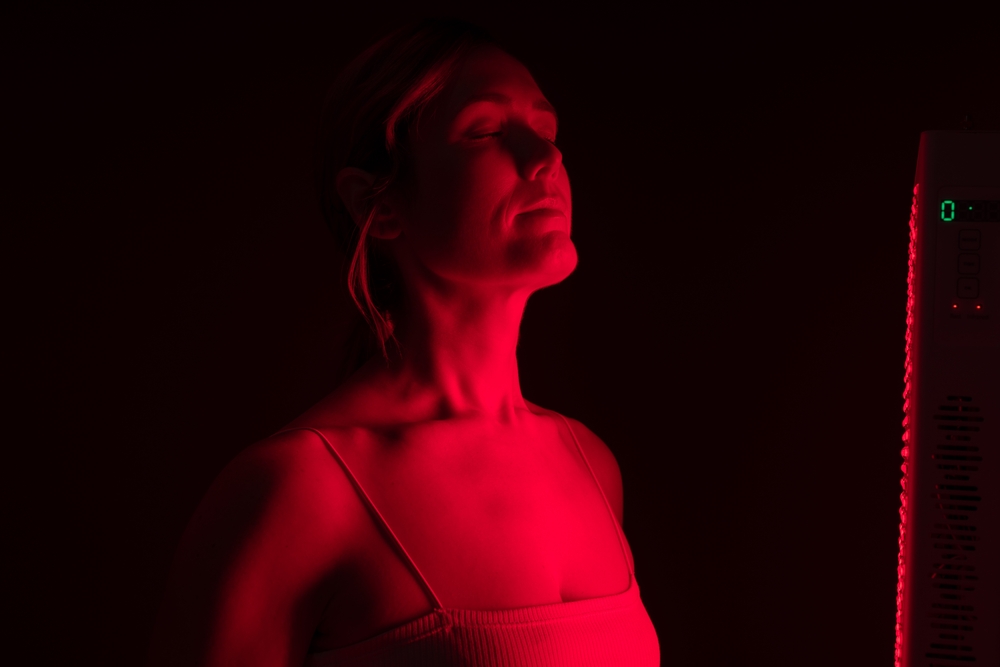
A metanalysis of 12 clinical studies representing a total of 776 patients diagnosed with dementia shows that phototherapy interventions can significantly improve cognitive function as indicated by changes in Mini-Mental State Examination (MMSE) scores.
Phototherapy did not, however, have measurable impact on depression, agitation, or sleep patterns.
Researchers at the Institute of Geriatric Medicine, Chinese Academy of Medical Sciences, searched the global medical literature for studies of phototherapy in the context of dementia and found a total of 1,088 citations. Of these only 12 met the project’s strict screening criteria, which followed the Preferred Reporting Items for Systematic Reviews and Meta-Analysis (PRISMA) guidelines.
Within these 12 studies, 426 patients had undergone some form of phototherapy, with a total of 340 similarly diagnosed patients serving as controls. In all studies, there were more females than males. The mean patient ages ranged from 73 to 86 years old.
The trials represented a broad range of phototherapy protocols, frequencies, and durations. Two studies used blue or blue-green light, while the rest used broad-spectrum lights. Three studies tested multiple daily exposures, while 9 looked at once-daily treatments. Duration of treatment ranged from 6 minutes to 120 minutes per session.
Overall, phototherapy improved MMSE scores by a mean difference of 2.68 points between treated patients and controls. There were no meaningful differences in Neuropsychiatric Inventory score, sleep efficiency, total sleep time, and Sleep Disorders Inventory score between the groups.
The metanalysis was not designed to evaluate the relative efficacy of specific types of light, or to differentiate between the diverse protocols. Rather, it was intended to answer the broader question of whether phototherapy has any merit in the context of dementia. The answer to that question appears to be affirmative.
“Our meta-analysis indicates that phototherapy improved cognitive function in patients with dementia but had no significant effect on behavioral and psychological symptoms of dementia (BPSDs) and sleep. This suggests that phototherapy may be one of the most promising non-pharmacological interventions for improving core symptoms of dementia,” write authors Xinlian Lu, Chengyu Liu, and Feng Shao. Their findings were published in the journal Brain and Behavior, in April.
The metanalysis was not designed to evaluate the relative efficacy of specific types of light, or to differentiate between the diverse protocols and schedules used in the trials. Rather, it was intended to answer the broader question of whether phototherapy as a general treatment category has any merit in the context of dementia.
The answer to that question appears to be affirmative.
Liu and colleagues cited several other studies that also suggest cognitive improvement from phototherapy, including a 2021 non-randomized controlled pilot study utilizing 2500 lux bright light for 8 weeks, that showed significant improvement in the MMSE score among mild-to-severe dementia patients (Liu CR, et al. Front Psychol. 2021).
They also draw attention to a landmark 2008 Dutch trial showing that regular and frequent light exposure reduced cognitive deficits in the elderly by 5% (Riemersma-van der Lek R, JAMA, 2008).
There are a number of potential mechanisms through which light exposure could affect cognitive function, including: compensation for reduced sensory input associated with aging and dementia, and stimulation of specific regions of the suprachaismic nucleus in the hypothalamus, which regulates circadian rhythms and synchronization of brain functions.
Given the age curves prevalent in most of the industrialized world, and the lack of effective pharmaceutical treatments, there’s a clear and pressing need for safe, effective, low-cost treatments to curtail the devastating impact of dementia. Phototherapy, say Liu and colleagues, holds great promise. Clearly, this is a field ripe for further research.
END







